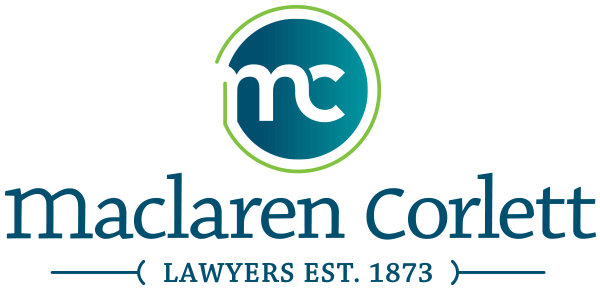Cosmetics Bashing – There are No Rules
It is now official in Canada – it is better to be alarmist than to be accurate.
A Senator has introduced a Bill to amend the Food and Drugs Act, to be called the Cruelty-Free Cosmetics Act. Seriously, that is what it is called. What image does that title conjure up in the mind of the public? Surely there must be an industry rampant with animal testing where the most disgusting laboratory procedures are conducted on animals for the purpose of making Canadians more beautiful. Surely that name must be descriptive of what is done within the Canadian borders and descriptive of a wrong which must be urgently addressed? But is that really what is happening?
In a recent article by Thomas Walkom, National Affairs Columnist for the Toronto Star, a member of an animal rights advocacy group is quoted as saying that there is no information on how much animal testing for cosmetics is done in Canada but, “given that the domestic industry is small, the answer is probably: not much.” Indeed, in relation to imported cosmetics, Senator Olsen, the person who introduced the Bill, “estimates the big international cosmetics firms are already 99% free of live animal testing.”
So let’s flash back to the title of this Bill: why is it called the Cruelty-Free Cosmetics Act?
For the cosmetics industry, and indeed for any business in Canada, it is illegal to engage in misleading advertising or labelling, and a name falls in those categories. In determining whether or not a statement is considered misleading, one has to look at what is known as the “overall impression test” or “general impression test”. In other words, is there a general impression created by the words and the overall context that is, in fact, misleading or likely to mislead the public. So far as the cosmetics industry is concerned, the animal rights advocacy groups acknowledge that there is no information publicly available on how much testing is done in Canada but, if any, it is likely small. Through the words of the Senator herself, the overall effect of the Bill will be minimal because she estimates that there is already over 99% compliance.
Why is this Bill titled so as to leave the impression that the cosmetics industry in Canada is founded on cruelty? Would it not have been more truthful to have used a title that was accurate such as the Animal Testing Restrictions Act or some other properly descriptive words.
Perhaps the title was specifically chosen to generate publicity over honesty and alarmism over accuracy. In other words, for a Bill which would have such little effect in Canada because there is little or no animal testing done, and few or no products which have been tested on animals, how else could one gain the attention of the media?
In some of the ads I have seen on television sponsored by animal rights groups, and which are in favour of the Bill, they have not found it necessary to create the misleading impression in the minds of Canadians that cosmetics in Canada put beauty ahead of cruelty. These ads rather specifically speak of the need to restrict or prohibit testing on animals. They plainly say what they are supporting without the need to resort to alarmist language.
For many years I have been troubled by the double standard applied in assessing the science related to the safety of cosmetics. While industry spends millions of dollars in order to substantiate the safety of their products to health regulators around the world, others merely have to make an allegation which is then accepted without question by the media and activists as being accurate without requiring the necessity of proper scientific substantiation. I will write more on this later but, for the present time, suffice it to say that unsubstantiated allegations result in the public being misled and, if industry tries to defend itself, it is automatically viewed as an international conspiracy to poison humanity and kill off their customer base with carcinogens.
In an environment of cosmetic bashing and junk science, the last thing we need is a Senator introducing a piece of legislation which is named in such a grossly misleading manner as to lead the general public to believe that animal testing is rampant in Canada and is an evil which must be addressed because, without her Bill, cosmetics in Canada could not possibly be “cruelty-free.” The Senator readily admits there is no statistic to prove this is the case and believes that industry is already over 99% compliant. It may be 100% compliant, we don’t know. We just know that it is not the epidemic that the name given to her legislation implies.
Say what you mean and mean what you say! If you want to regulate or restrict animal testing, then title the Bill in that manner and don’t seek media attention by attempting to taint an innocent industry with a catchy, but incorrect, name.



